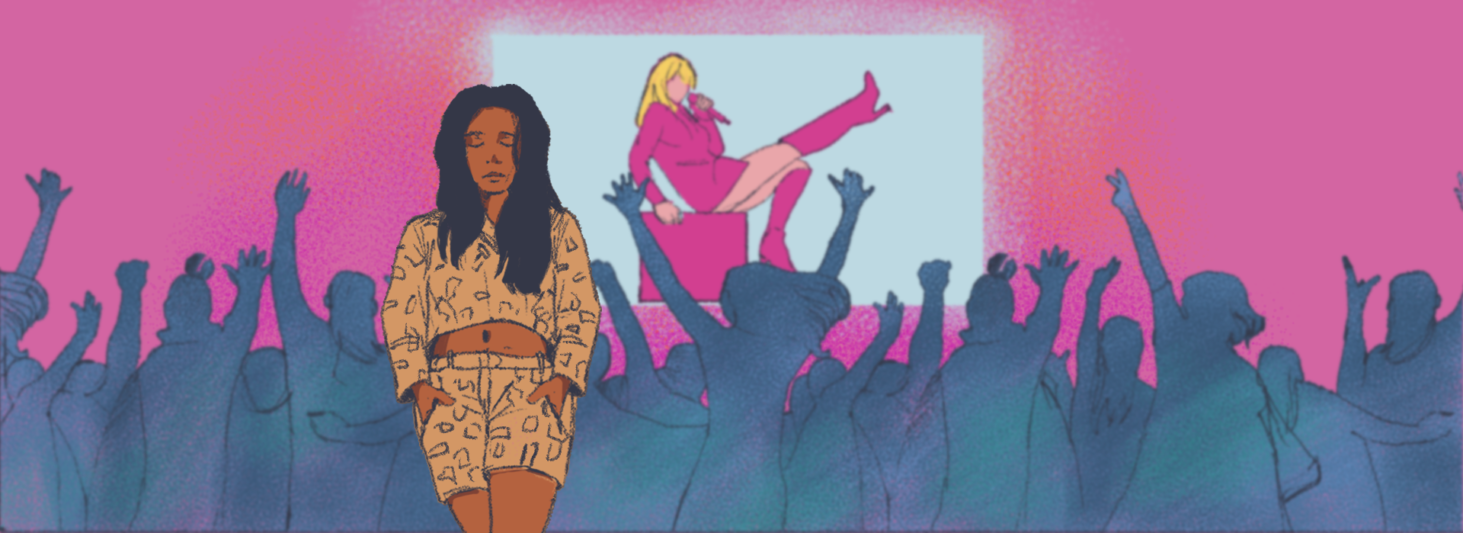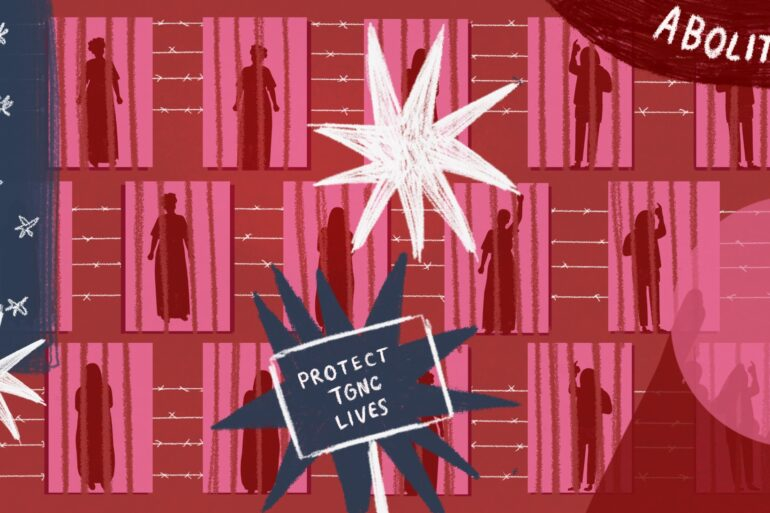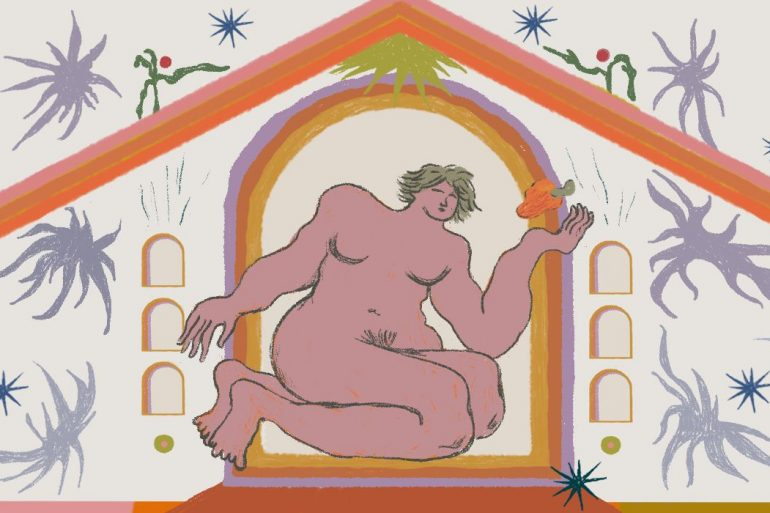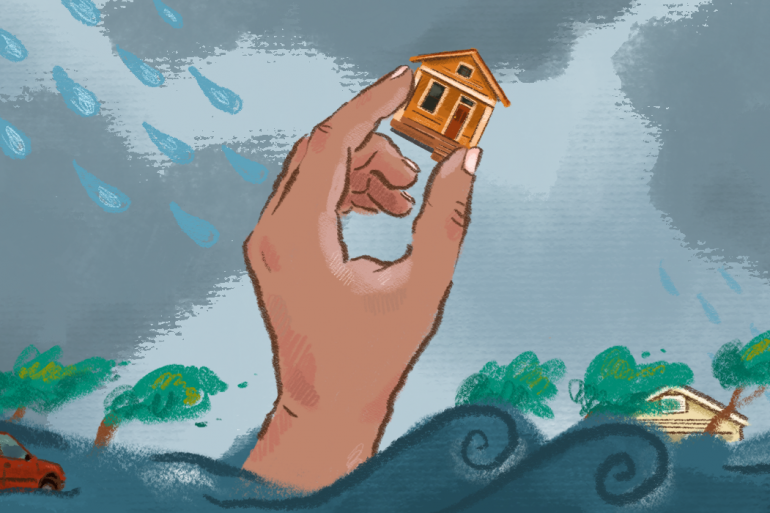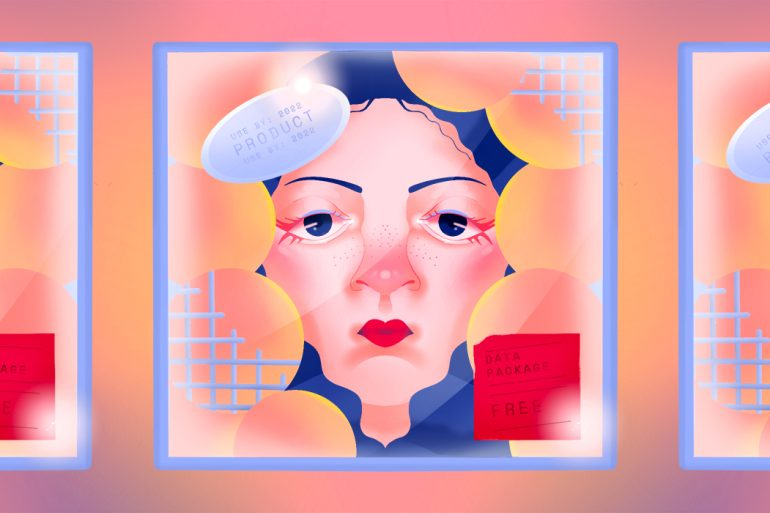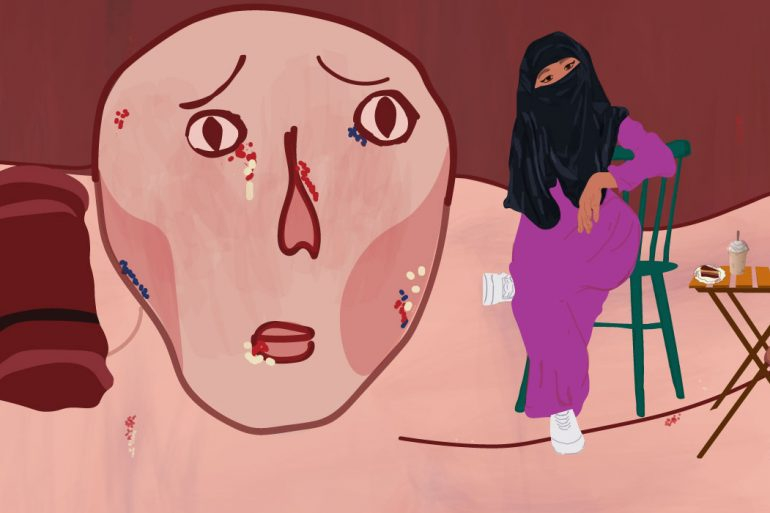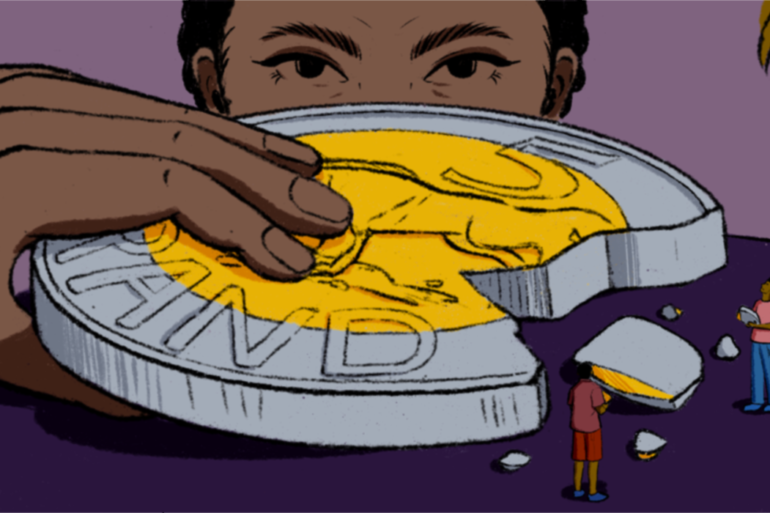Over the last five months, there’s been a line drawn within the world of celebrities. A line that’s done little on the ground to be honest, but one that’s there nonetheless.
Since 7th October, most celebrities across the world have used their platforms to speak out regarding the violence in Palestine. Most have taken to what they call ‘neutral’ statements, like Rihanna, clearly playing to both sides, condemning violence without speaking the perpetrators’ name, with some like Gal Gadot openly supporting Israel and justifying the horrific genocide they are carrying out.
Amidst those, there are very few who have stood openly with the Palestinian cause, demanding a ceasefire and an end to Israeli violence. But what needs to be understood is that Palestine isn’t an isolated incident. Far too many times, the celebrity world has proven that they will only care until their privilege is intact – it was easy to speak up about Ukraine because Russia has always been painted as the bad guy anyway. Some live even deeper within their own personal bubbles, choosing to stay silent simply because it doesn’t affect them.
The Super Bowl on 12th February was another clear example of the failure of the celebrity world. Western viewers obsessed over Taylor Swift and Travis Kelce while Israel ruthlessly bombed Rafah, yet all Twitter could talk about was Swift’s new foray into the work of football. VICE reported that 9 out of 20 of the celebrities at the event – Taylor Swift included – said absolutely nothing about the violence committed in Rafah. Not only that, but Israel in fact ran undisclosed ads during the Superbowl – justifying the genocide they have been committing thus far and obfuscating the fact that they were literally bombing Rafah while the sporting event played on.
These are often the same celebrities that many of us have idolised growing up, and while the recent escalation of the Palestinian crisis has led to many questioning their endorsements of public figures, I wonder if it will be enough, or will we soon go back to making excuses to comfort our own selves, the way I have perhaps found myself doing for too long.
I’ve spent most of the last decade saying that although I never really idolised or obsessed over a celebrity, Taylor Swift was my exception.
As a musician, I was obsessed with her throughout my teens and early 20s. This was a woman who was different from me in every way – she’s white, lives miles away from me and, to say the least, leads a very different lifestyle to me – and yet her music made me feel seen. To my 14 year old mind that was enough for her to be absolutely great in every way.
As I grew older, and started getting more involved in what was going on in the world around me, my definition of someone being a person I can admire started to change. I wanted to look up to people who I thought were making a difference in the world, and those who stood for justice, yet still, even within that new sphere, Taylor Swift managed to slip through the cracks in my moral standards and remain.
I’m not saying that I was foolish enough to consider her a changemaker or leader in any way. Far from it! But somehow I still adored her. Remnants of a teenage infatuation that continued to justify me being such a huge fan and many times caused me to justify to myself that I was separating the art from the artist. I told myself that just because I was a fan of her music, it didn’t mean I was endorsing her brand of watered down white feminist politics (while she claimed she wanted to be more inclusive in Miss Americana, she remains very much silent on global issues).
In December 2020, almost a year into the pandemic, Evermore was released and I couldn’t contain myself. But writing about my long journey with Taylor Swift’s music caused me – even in that moment – to consider what I was endorsing. In a piece I wrote, fangirling about her music, I was careful to distance myself from her white feminism, making it clear that she and I were far from the same, even as I listened to her songs on repeat.
Over three years later, I’ve found myself growing distant from the celebrity industry as a whole, and nothing has been more jarring than seeing the way these so-called voices of influence and power have treated Palestinians.
Looking back, I wish this moment had come sooner. I can’t speak for others, but I do feel as someone who continues to try and learn and be on the side of justice, I should’ve made less excuses for celebrities like Taylor Swift. It’s not enough to say that someone can’t speak out about everything, because when they have that much power they should.
Recently, Taylor Swift became the victim of horrifying deep fakes that went viral on X. The sexually provocative images were shared countless times, until Swift’s fan base mobilised and got the images reported and taken down. She is also reportedly taking legal action against the images, and the recent incident spurned policy changes amongst companies like X and Microsoft. In response, a group of US senators have also introduced a bill to criminalise the distribution of AI-generated, non-consensual sexual images.
It is a testament to Taylor Swift’s power and influence that she was able to drive such a change and I am glad she is able to find a solution in the matter. But why won’t go further than this?
It’s the fact that many of these systems, which are now endorsing the genocide of Palestinians, often benefit people like Taylor Swift – so it’s not all too surprising when these rich, white Americans don’t speak out, because to do so would mean they’d have to give up their own privilege. It doesn’t make it any less unforgivable.
I wish it didn’t take me so long to realise I can’t separate the art from the artist. I don’t want to be a Taylor Swift fan anymore, much like I want to take a clear step back from anyone who can’t use their time and voice to speak for anyone across the world in need of justice. It’s time to start holding my idols more accountable and I’m starting with a childhood favourite.
What can you do?
- Educate yourself, follow people like Motaz Azaiza instead
- Don’t be afraid to criticise your celebrity favourite, DON’T separate the art from the artist
- Attend a protest, or continue to share information online about Palestine, Congo and other humanitarian crises the media is silencing
- Watch Born in Gaza, which follows the lives of 10 Palestinian children
- Read more articles about Palestine


